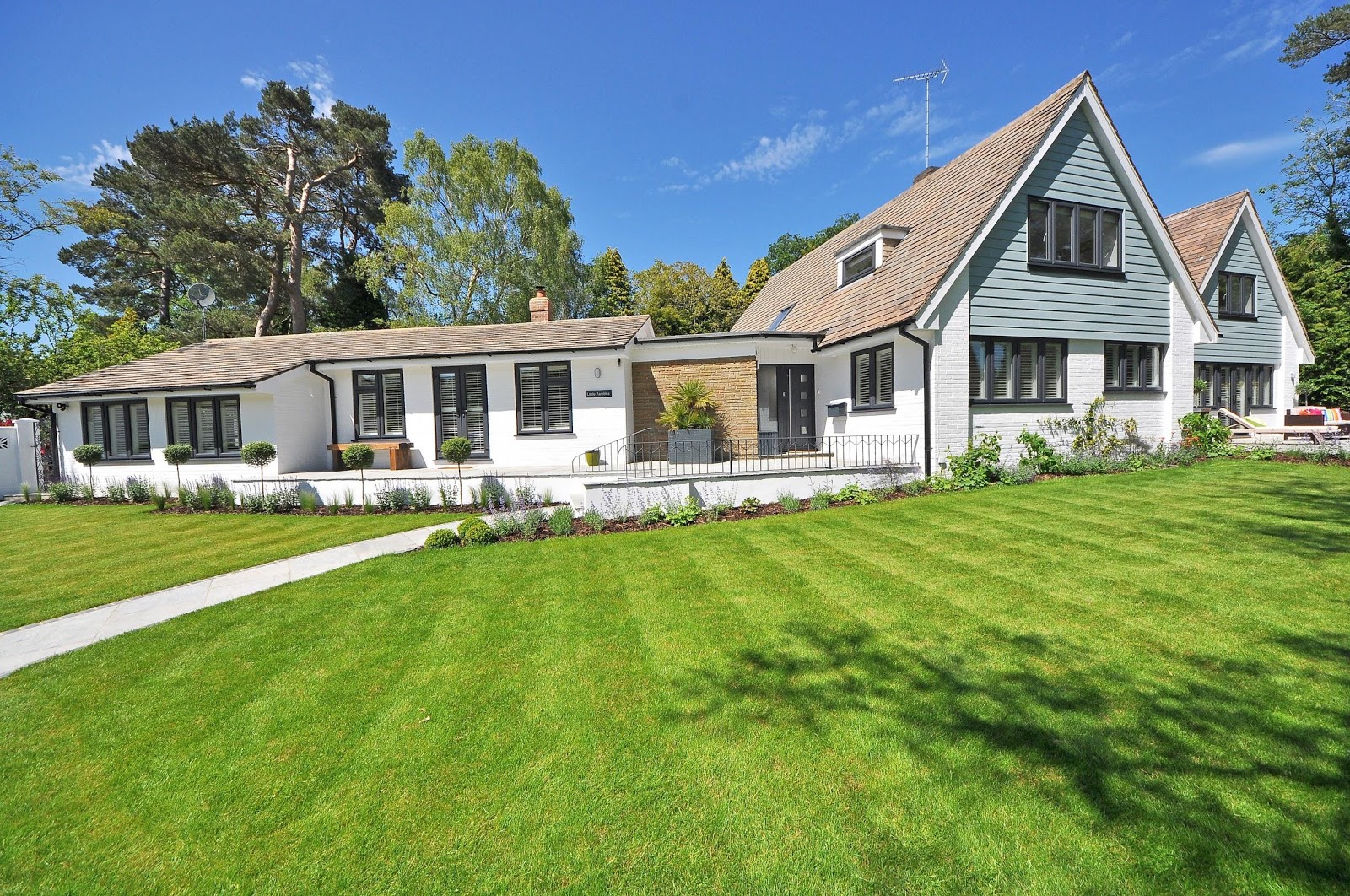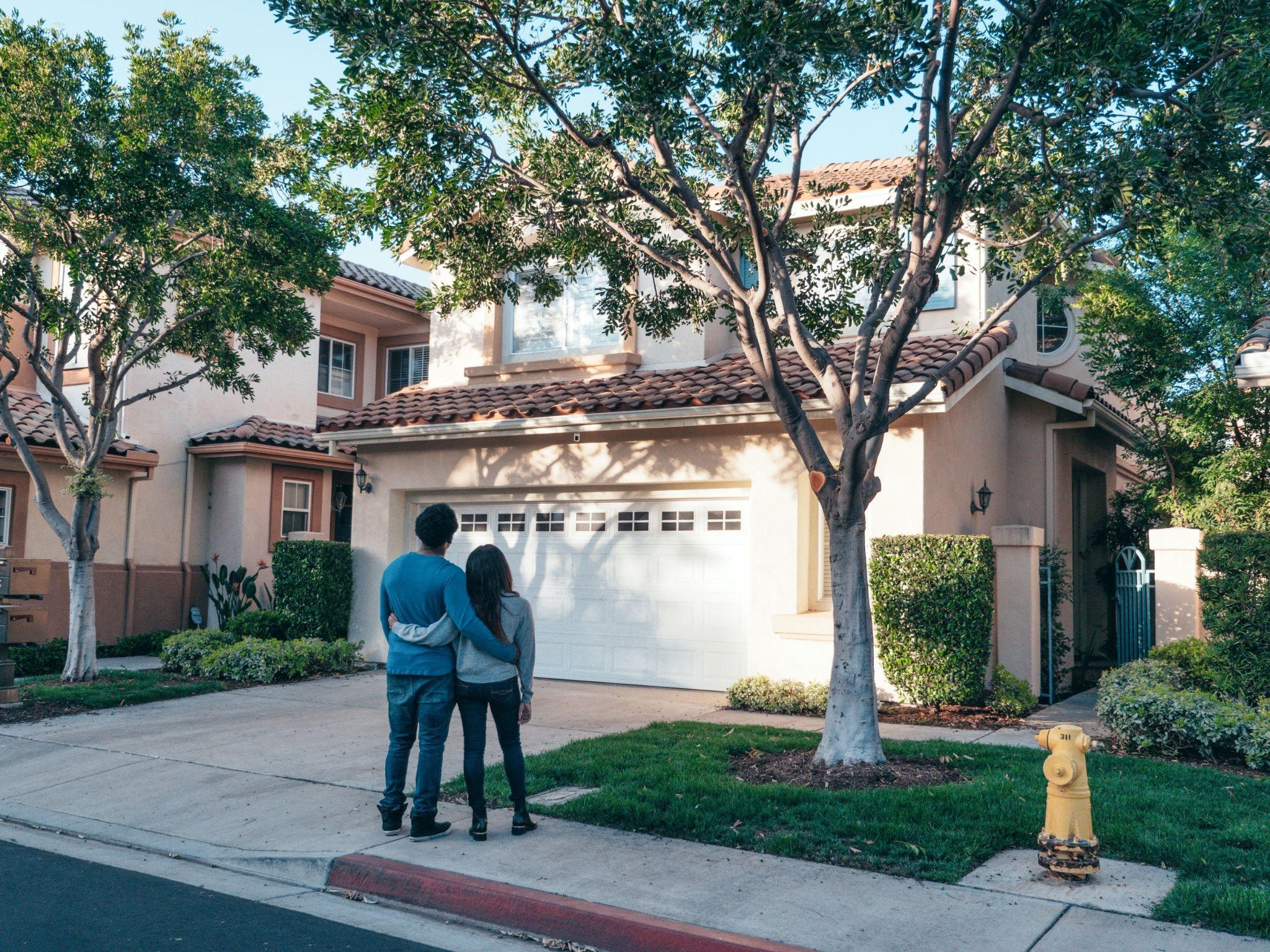So, you're over the hurdle of buying that first home and are now ready to buy a second. That's great. If it's been a while since the initial purchase, you may have forgotten just how much work and time goes into finding a new home and securing financing. But here, we'll talk you through the most sensible and efficient way to go from owner of one home to owner of two.
Whether you're keeping your first home, purchasing an investment property, or selling the starter home to move to your forever home, Mares Mortgage is here for you. We can guide you along the way and make the experience less stressful. Here's what to know about buying a second home in California.
Do You Really Need to Sell the First Home?
Before you begin attempting to sell your first home, reconsider whether or not you really need to. Rents have increased recently, so you can rent your home for more than your mortgage payment. So, you can keep that cheap interest rate you secured during the pandemic and avoid a significant amount of work by holding onto your starter home. It can become an investment property.
How can you figure out the rent potential of the property? Contact us at Mares Mortgage, and with only the property's address, we can test the market for you to see what potential renters would be willing to pay. This is vital information while considering whether you really need to get rid of this first home.
Finding a new home is challenging and time-consuming enough without adding to it the work of selling the first one.
What Classifies as a Second Home
For financing purposes, there are criteria for a second home to be classified as such. First, it can't be an investment property meant to provide rental income. Secondly, the property cannot be located too near your current home. It makes sense to buy a second home in a location that is a more convenient distance from work or family obligations, but buying another property that is too near your current home won't qualify as a second home. When your loan application is reviewed, the logic of purchasing the second home will be questioned.
In California, you cannot have two primary residences. This is even if you live in each 50% of the time. The IRS will require you to list one of them as your primary residence.
The proper definition of a second home is that it is:
- Used for vacations (but has no timeshare requirement)
- Used for work
- A Pieds-à-terre (small living unit - apartment, condo, etc.)
- More than 50 miles distance from your current home
This distinction is crucial because lenders usually charge higher rates for investment properties than for second homes.
What You Should Know About Buying a Second Home in CA
Buying a second home may hold challenges that the first purchase didn't. So, here are some important considerations about buying a second or subsequent home.
The Financial Impact
A home is a considerable financial obligation - now times that by two for a second home! Think of all the expenses that arise with your current home. Some of those are relatively small, but every now and again, a significant expense hits. While the chances of having back-to-back big expenses seem unlikely, stranger things have happened.
Aside from those large expenses, the everyday expenses of homeownership are also doubled.
- Mortgage payments
- Homeowners Insurance
- Property taxes
- Utilities
- HOA fees
- Maintenance and upkeep
We aren't trying to dissuade you from buying a second home. If you can afford these and other expenses and want a second home, Mares Mortgage is here to help. We want to ensure you're prepared.
Finance Options
A second mortgage is no small concern if you are still paying for the first home. Like applying for your first mortgage, lenders will consider your credit, income, debt, employment history, assets, etc. Once again, you will be under the scrutiny of a mortgage lender.
The upside of applying for a second mortgage is that it is usually quicker than the first time.
You can choose from the following:
- A home equity loan (from your current property)
- A second home mortgage
- A home equity line of credit (HELOC) on your existing property
- Or, you can opt for a cash-out refinance of your current mortgage
Your current home has undoubtedly presented unexpected expenses that may have impacted your finances. One way to look better 'on paper' to prospective lenders is to consolidate any outstanding credit card or other high-interest debt into one low payment. You may also consider using a HELOC to improve your financial picture.
Maximizing Your Borrowing Power
When considering the purchase of a second home in California, understanding how to maximize your borrowing power is crucial. Here are some strategies to enhance your financial appeal to lenders and secure the best possible loan terms:
- Tracking Your Financial Progress
Regularly check your credit score and debt-to-income ratio. Use budget trackers and financial planning apps to monitor expenses and savings. This proactive approach prepares you for the loan application process and helps improve your financial standing.
- Using Tools like Mortgage Calculators
Utilize mortgage calculators to determine affordability and explore different scenarios. Adjust your budget based on varying interest rates and down payment amounts. These tools provide a clear picture of potential monthly payments.
- Strategies to Increase Borrowing Capacity
Offer a larger down payment to enhance borrowing capacity. Improve your credit score and reduce your debt-to-income ratio by paying down existing debts. These steps increase eligibility for better loan terms and reduce financial stress.
Deciding the Type of Second Home
Deciding on the type of home you buy depends on why you are buying it. For instance, a vacation home will have a lot to do with the location. You will come to this home yearly or more to enjoy time alone or with the family, so it should be near things you enjoy. Do you love to ski or fish or visit theme parks? Do you crave stillness or enjoy being in the hustle and bustle of things?
Try to be as sensible as possible when estimating expenses, including various types of insurance related to the location and type of property.
Know Your Limits
Figuring out how much you can pay for a second home is no time to become overly optimistic. Be conservative with what you believe you can afford to pay because there will be expenses you did not expect. Getting in over your head for a second home could put your first home in jeopardy. You may talk this over with a financial adviser.
Exploring Ownership Models for Second Homes
When considering a second home in California, it's crucial to explore various ownership models that can align with your financial goals and lifestyle needs.
- Traditional Ownership - You hold the title and have full control, but bear all maintenance and costs.
- Co-ownership Opportunities - Share purchase and maintenance costs for a more luxurious property, ideal for occasional use.
- Turnkey Solutions with Managed Properties - Fully managed properties for a hassle-free experience, offering convenience and luxury.
Buying That Second Home
Despite the work, buying a second home is exciting. Whatever your intention for it, a second home can be an excellent investment and can add significant value and convenience to your life. But consider the increased financial burden that can also come with it. Talk about your plans with the experts at Mares Mortgage.

Frequently Asked Questions
1. Can you have two primary residences?
No, according to IRS regulations, you cannot have two primary residences, even if you split your time evenly between them. You must designate one as your primary residence for tax purposes.
2. Is owning a second home worth it?
Owning a second home can be a worthwhile investment, providing added value and convenience to your life. However, it's essential to consider the increased financial burden and ongoing expenses associated with homeownership.
3. How much savings should I have to buy a second home?
The amount of savings needed to buy a second home varies depending on factors such as the home's price, down payment requirements, closing costs, and ongoing expenses. It's recommended to have a substantial savings cushion to cover these costs comfortably.
4. How do I know if I can afford a second home?
To determine if you can afford a second home, consider factors such as your income, existing debt, credit score, down payment amount, and ongoing expenses. Consulting with Mares Mortgage can help assess your financial situation and determine your affordability.








